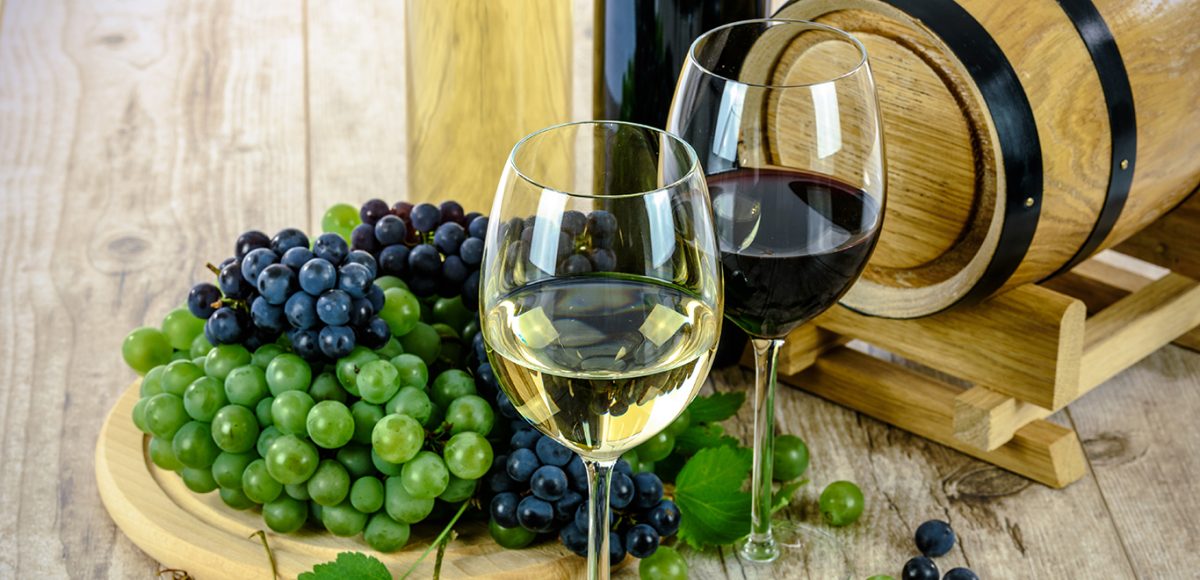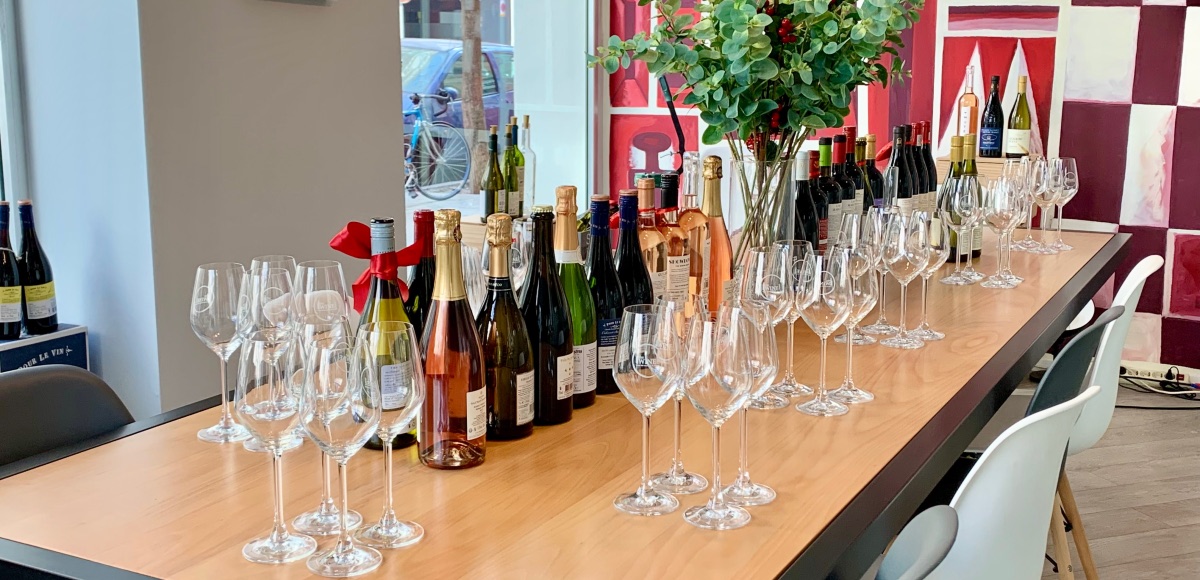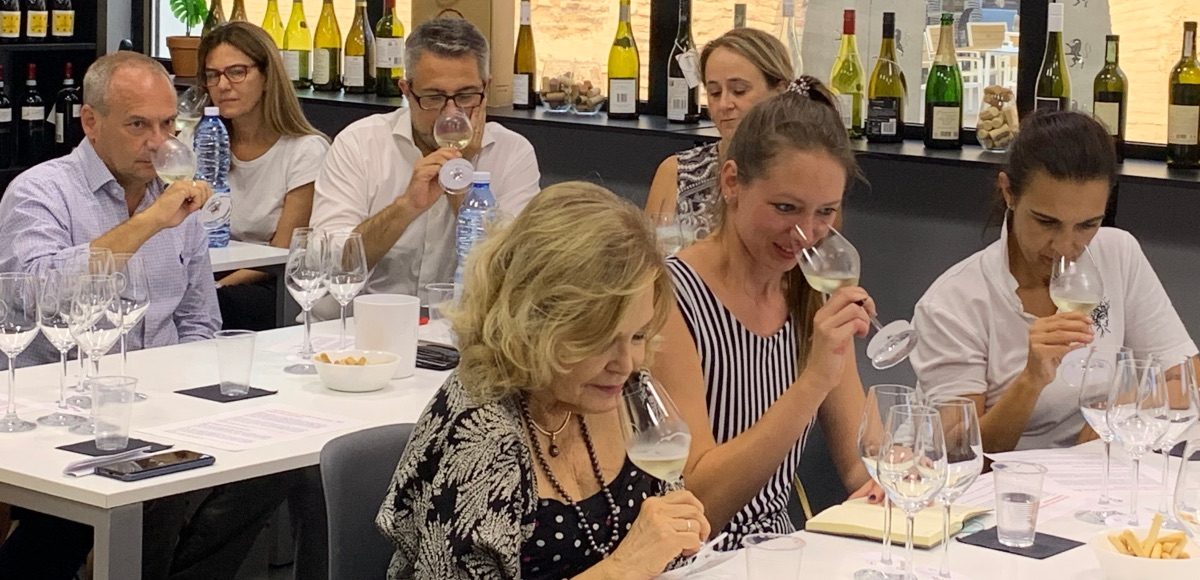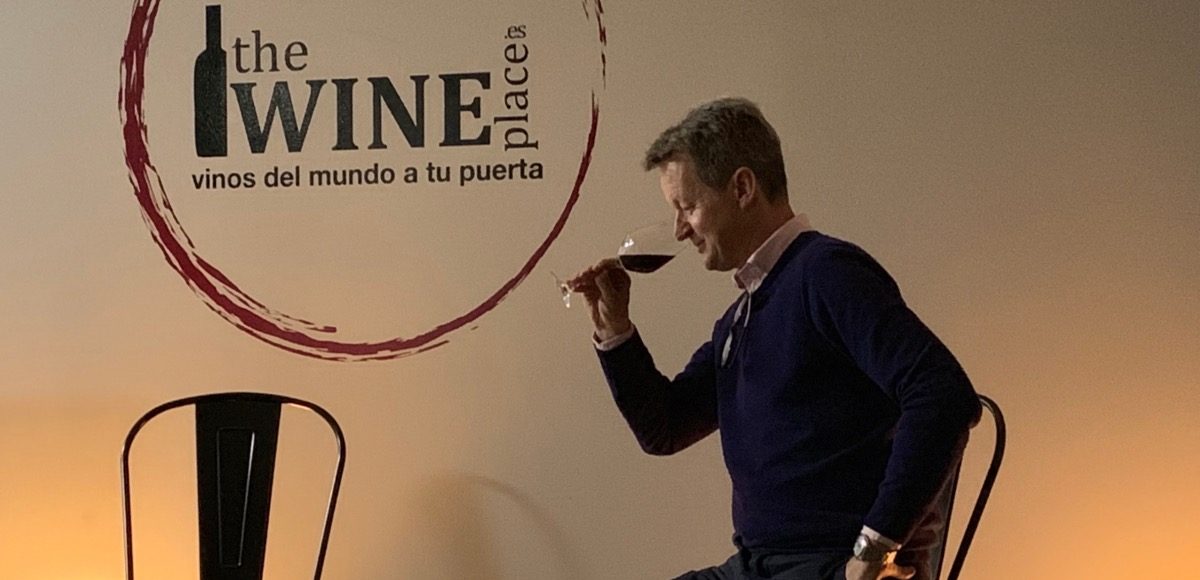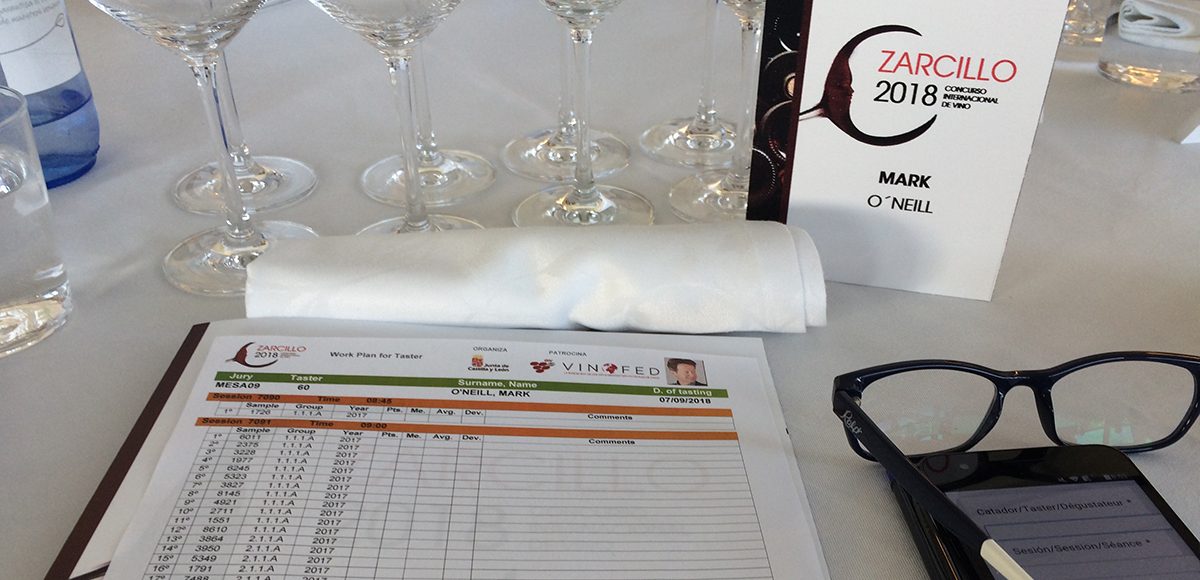Why do wines made from the same grape variety but grown in different countries taste different? What makes wine taste different?
It is possible to make wine naturally. When the skins of the ripe, sugar rich grapes, burst the juice comes into contact with the wild yeasts that live naturally in the air and on the skins. The yeast feed on the sugar converting it into alcohol. Grape juice with alcohol is wine. However, the wines while different from one another would not be pleasant to drink.
There are hundreds of grape varieties used to make wine but the majority of wines are made from less than 20. Take Sauvignon Blanc, one of the worlds most famous white grape varieties. For many Sancerre is the purest expression of Sauvignon Blanc. The grapes do not get overly ripe in the Loire Valley, with its chalky soil, consequently the wine retains it citrus, mineral flavours and sharply crisp acidity. Meanwhile many Sauvignon Blancs from Marlborough in New Zealand will have more of a herbaceous, grassy character, which is very popular with consumers. Marlborough enjoys intensely sunny days and the climate is influenced by the sea breezes and stoney soils. Both are excellent wines made from the same grape but different in style.
Try it and see for yourself, taste a Sauvignon Blanc from Spain alongside a Sauvignon Blanc from NZ and taste the difference.
The winemaker, climate and location are the major influences on the character of the wine.
The skill of the winemaker comes in during the process of fermentation. Scientists have identified more than 500 chemical compounds in wine, most of which are formed during the fermentation process. By selecting yeasts that will give the desired flavours and aromas and avoid the nasty tasting flavours. One of the major advances has been in the use of controlled temperatures during fermentation, the use of stainless steel tanks and more hygienic environment, practices taken from the dairy industry. So improvements in controlling the fermentation process allows winemakers to influence the style of the wine.
If grapes need sun to ripen you could think that the places with the most sunshine would be best as the riper the grapes the more concentration of sugar and consequently in the wine. However, the finest wines in the world are made from grapes that often struggle to ripen, due to unpredictable weather in areas that are marginal in terms of reaching the perfect ripeness. These are wines that have more complexity, depth of flavours and ability to improve with time. Each region has certain unique climatic conditions that influence the flavours and character of the wine.
The expression ‘cool climate wines’ is becoming more commonly used and it refers to places that have sufficient sunshine, where it is warm but not too hot. Climate change is particularly notable in hot regions, which are getting hotter. This affects the style of wine making them more alcoholic and less aromatic. So growers in most parts of the world are planting vineyards at higher altitudes where the grapes are exposed to sunlight but the where there is more variation in temperature.
Ultimately it comes down to good growers who know their vineyards and whose work throughout the year is focussed on producing healthy grapes at optimum ripeness. Believe me this is easier said than done.
This article was published in the newspaper El Mundo






